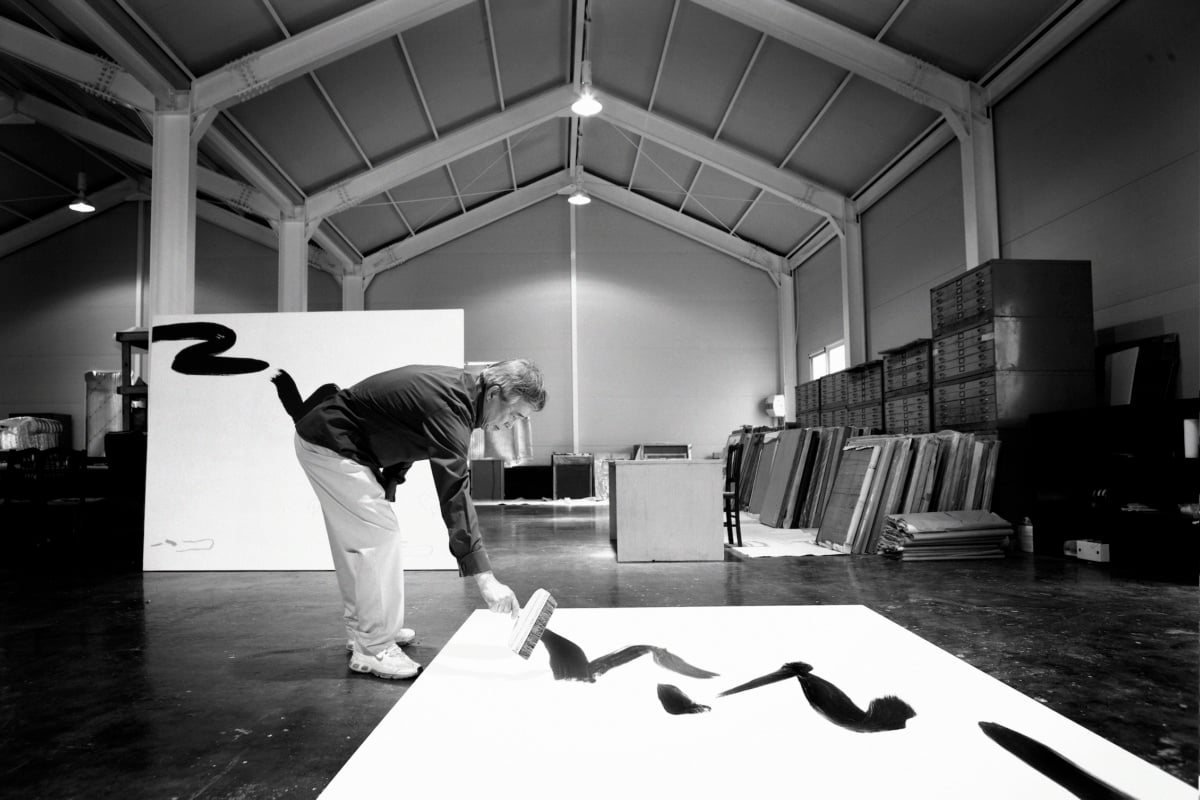
The story of 20th-century Korean art is woefully underrepresented to many students of Western art history. But in the coming years, a pair of shows at institutions on either side of the US will aim to correct that.
Coming to the Los Angeles County Museum of Art in 2022 is an ambitious survey of modern Korean painting, photography, and sculpture from 1897 to 1965.
The show, organized by LACMA’s associate curator of Korean art, Virginia Moon, spans two eras of Korean history—the last gasp of the Joseon dynasty, which lasted over 500 years, until the birth of the independent Korean nation in 1910; and the contemporary era, which includes the period in which Korea split into two sovereign states.
“This ‘space between’ the traditional and contemporary is one of the most revealing time periods in Korean history given the historic events… as the country ‘reluctantly’ modernized during this time,” Moon tells Artnet News.
Some 140 works of art are expected to be in the show, a selection that includes examples of early 20th-century sculpture and photography that have rarely been shown outside of the country.
“It was important to show how the two periods—modern and contemporary—connected, how these different media first appeared in Korea, and how, over time, the modern led to the now,” Moon adds. “The modern art period in Korea, unknown in the US until now, is evidence that contemporary art in Korea did not suddenly appear out of a void.”
Installation view of “Lee Seung-taek,” 2017, at the Palazzo Caboto in Venice, Italy. Courtesy of Lévy Gorvy.
The exhibition is the second of three shows planned in conjunction with a 10-year-long partnership with Hyundai. (Through the program—the largest corporate partnership in the museum’s history—the South Korean automobile company has committed to fund both the exhibition efforts and a series of acquisitions and publications in the field of Korean art.) The first of the bunch, a historical presentation of Korean writing and calligraphy practices, took place at the museum last year.
The third exhibition will take place in 2025.
Meanwhile, in the spring of 2022, the Guggenheim in New York will present “The Avant-Garde: Experimental Art in South Korea, in 1960s-1970s.” The museum calls it the first exhibition in North America to explore the wave of experimentalist artists that rose to prominence in the decades following the Korean War of the early 1950s, such as Lee Kang-so, Lee Kun-yong, and Lee Seung-taek.
“Spanning the 1960s and the 1970s, this upcoming presentation examines a group of loosely affiliated artists whose artistic production reflected and responded to the rapidly changing and globalizing socio-political and material conditions that shaped South Korea,” a representative from the museum says of the show. “It reveals the innovative approach to art-making by a remarkable generation of Korean artists and features seminal works in painting, sculpture, installation, performance, photography, and film.”
The exhibition was co-organized by Kyung An, an assistant curator of Asian Art at the Guggenheim, and Soojung Kang, a senior curator at the National Museum of Modern and Contemporary Art, Korea. It will be presented in tandem at both institutions.